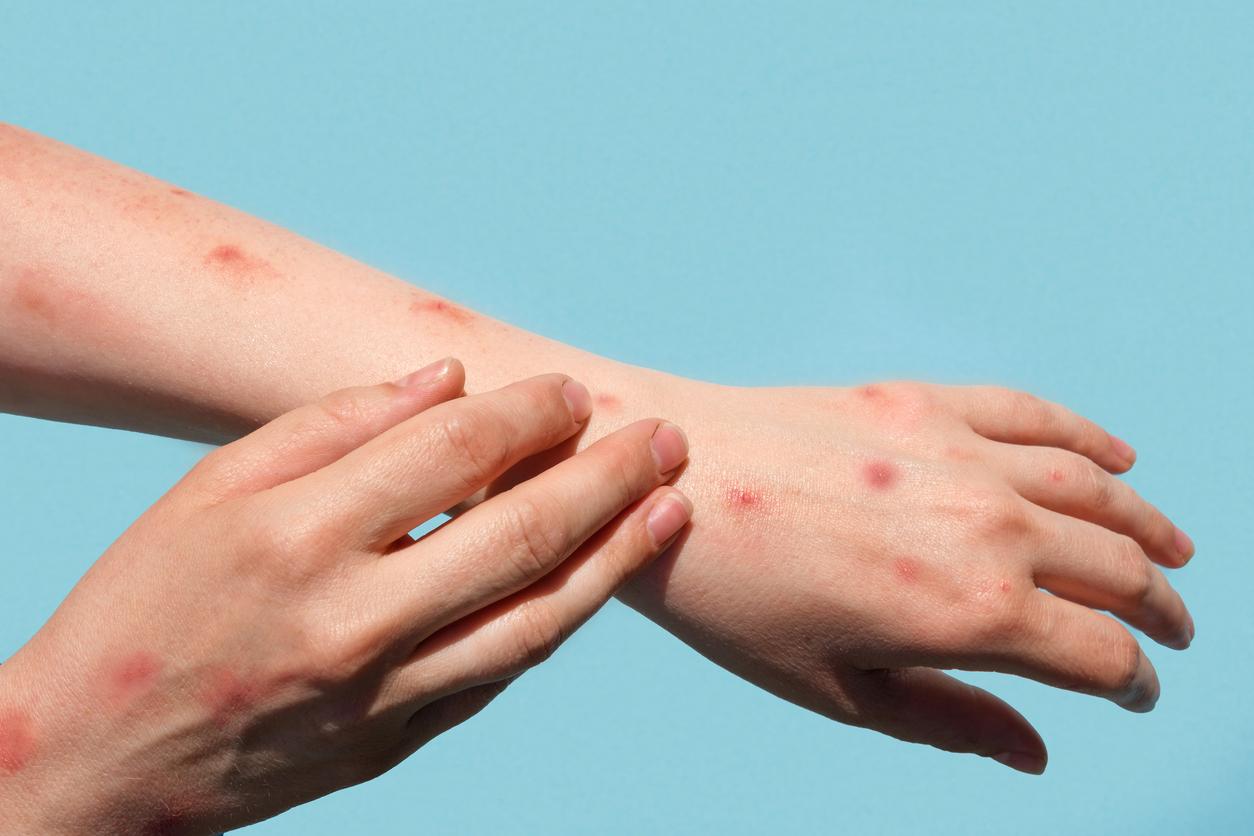Cardio-respiratory diseases, cancers,sleep, memory … Several studies have highlighted a link between exposure to fine particles and the risk of developing many disorders. A new shadow would be added to this disturbing picture of ravages of air pollution. It seems that air pollution is also hurting the sperm quality. New work published in the journal Occupational and Environmental medicine establish a correlation between air pollution, and more precisely fine particles, and the fertility of “many couples”. The researchers, mostly from the University of Hong Kong, investigated the short-term and long-term impact of exposure to fine particles on a panel of 6,475 Taiwanese men, of reproductive age, aged 15 to 49. . Several parameters were taken into account such as morphology (shape and size), movement and concentration of spermatozoa.
The quality of their sperm was assessed from 2001 to 2014. The levels of PM2.5 (fine particles with a diameter of less than 2.5 µm) were estimated for a period of three months, the time required to generate the sperm, and on two years on average, using a mathematical approach combined with NASA satellite data.
Fight against air pollution to preserve sperm
The results suggest a “strong” relationship between fine particles and a low sperm count with normal morphology in men. The researchers speak of a real “public health challenge”, with supporting figures: each increase of 5 micrograms of fine particles per cubic meter of air over an average of two years is significantly associated with a decrease of 1 , 29% of normal sperm morphology, according to the study. “Given the ubiquity of exposure to air pollution, a weak effect of PM2.5 on normal sperm morphology can lead to a large number of infertile couples”, point out the researchers in the study .
Another finding, this time more positive: exposure to PM2.5 was associated with higher sperm concentrations. This could be a compensatory phenomenon, according to the scientists.
Pending further work to corroborate these findings, the researchers urge politicians to deploy “comprehensive air pollution mitigation strategies to improve reproductive health.”
Read also:
Fine particles rich in sulfur make babies toddler
Pollution twice as dangerous during rush hour?


















